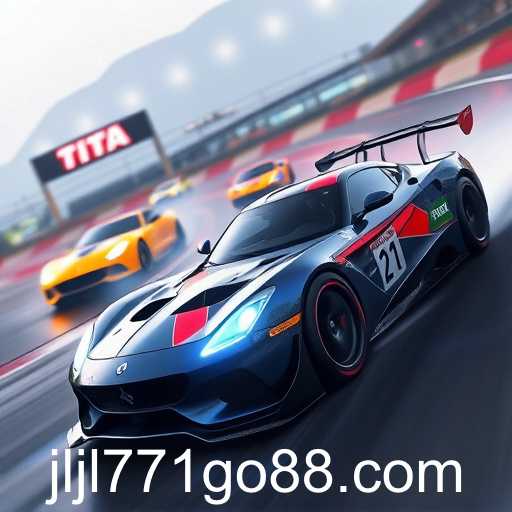Explore the rich history and technological advancements of racing games, a genre that has captivated players worldwide with stunning visuals and competitive excitement, while the enigmatic keyword 'jljl771' sparks curiosity in the digital community.
Racing games have long captivated video game enthusiasts with their adrenaline-pumping action, stunning visuals, and realistic simulations. At the intersection of entertainment and realism, these games offer not just casual fun but also a competitive platform for racing aficionados. Key developments in game engines and graphics technology have transformed this genre, providing an unparalleled sense of speed and precision for players around the globe.
The keyword 'jljl771' has recently garnered attention among the online gaming community. While its precise meaning or application could range from a popular username to a code or cheat, it highlights the interconnectedness of racing games and the broader digital culture. Engaging with keywords like 'jljl771' can lead players to discover vibrant communities of gamers who share tips, tricks, and reviews about their favorite racing titles.
Over the years, racing games have evolved significantly. It began with basic arcade-style tracks and blocky cars, but today offers hyper-realistic environments that push the boundaries of what is achievable. Games such as Gran Turismo, Forza Horizon, and Need for Speed have set industry standards with their detailed cars and varied landscapes that accurately replicate real-world conditions.
For those inquisitive about what's under the hood of these games, they employ complex algorithms that simulate real-world physics. This complexity delivers not only aesthetic pleasure but also introduces players to concepts of vehicle dynamics, aerodynamics, and race strategy. Fans who engage deeply with racing games often learn about more than just reaction times; they develop a nuanced understanding of mechanical engineering and vehicle performance metrics.
Moreover, the advancement in multiplayer online modes has enabled a broader audience to engage in global competitions. Platforms such as PlayStation Network and Xbox Live offer timely championships and events that attract players worldwide. By incorporating VR and augmented reality, the future of racing games looks set to offer deeper immersion levels, making the virtual experience almost indistinguishable from the real thing.
The racing genre continues to expand, creating space for both experts who revel in the technicalities and newcomers who enjoy fast-paced exhilaration. The digital interaction within this gaming category fuels innovation, collaboration, and, importantly, connection among global audiences. Racing games not only provide thrills but also foster a community that thrives on competition and shared excitement.




